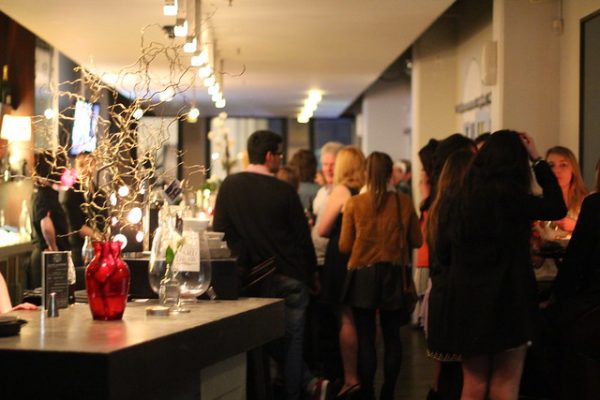
Party animals are finally proving their point. Meeting the love of our lives, forgiving a friend, or even rethinking the way we experience ourselves are more likely to happen at a party than when washing dishes at home. In a new study, Alice Goffman casts her sociological eye on how social occasions — from drinks in a bar to birthday parties — can turn into transformative experiences.
Like a kaleidoscope, the nitty-gritty details of how people organize their events, their motivations to attend, the proper social norms, and what is required for social occasions to succeed follow intricate patterns. To interpret their complexity, Goffman and her research team deployed several strategies:
Goffman started to take notes and interview attendees when she attended social occasions in 2009. In addition, during the fall 2017 semester, 15 undergraduate students wrote weekly event journals as part of a college course and shared these diaries to be analyzed in the study. Finally, Goffman’s research team turned to The New York Times’ marriage section, online websites, and literary work for accounts of turning points and transitions in people’s lives. Goffman’s notes, undergraduates’ diaries, and people’s experiences helped her to understand social occasions as platforms for the emergence of life-changing moments.
Social occasions range from a visit to the doctor to the celebration of a bar mitzvah. Some of these events — parties especially — represent a special realm where people design exceptional atmospheres by decorating, dressing up, or displaying outstanding cooking. The ambiance aims to relax existent social boundaries and release attendees from the mundane pressures of everyday life. Likewise, gatherings bring together disparate people who share similar social connections, interests or activities, and create a sense of communion. The combination of heightened energy, social commonalities, and collision of divergent words gives people an opportunity to perceive things differently and think differently about themselves. Parties reinvent friendships, launch marriages, and boost professional careers by prompting people to revisit their personal plans and discovering new social connections.
Social occasions have a flip side too. Racial discrimination, lack of economic or social capital, or not having an able body generate invisible restrictions to accessing and experiencing social occasions. Future research is required to identify how structural inequalities limit access to these transformative experiences.

Comments